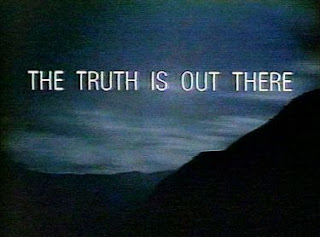I attended a little party of my neighbor's last night and I found myself correcting false statements that are deemed to be common "truths". And I just have to ask myself, how long is our culture going to continue passing on bad information? This is more or less how the conversation went :
Man : You will attract more flies with honey than with vinegar.
Me : That's not true. If you have flies, more will go for a bowl of vinegar than a bowl of honey.
Man (speaking to a girl) : Really? We should do an experiment on that. You have flies at your place don't you?
Girl 1 : No, I have bacteria. [Who doesn't have bacteria?] But the bacteria would probably go for the honey rather than the vinegar, just because vinegar is sour, fermented, and pretty much a foul wine.
Me : That's not true either. Honey is anti-bacterial. Actually the Ancient Egyptians used to use honey to disinfect wounds of injured builders of the Pyramids.
Girl 2 : Why would the Egyptian's care about the health and care of their slaves? Aren't they slaves? Not that I'm arguing that slaves should not get healthcare.
Me : Slaves didn't build the Pyramids. Egyptians built the Pyramids. Funerary structures like the Pyramids were very sacred and were the means for the living to commune and interact with the dead, the afterlife, immortality, salvation, and Eternity itself. Why would they let slaves touch those? No, Egyptians built the Pyramids.
I left shortly after. And I realize that this is not the first time I have encountered people believing something to be common knowledge because it is stated in some parable, analogy, phrase, or metaphor. And I just wonder, when will we stop passing on bad information? When we all start taking the time to find out if something is fact or fiction, instead of just accepting what is said as fact. For instance, the rumor that Mona Lisa was a prostitute because she has no eyebrows. When, in fact, she has no eyebrows because during a restoration of the painting in the 1950s the eyebrows were wiped off with a watercolor solvent.
The thing is, some people so readily accept anything as fact when it sounds convincing, which is so easy to take advantage of. I once told someone that the word woman comes from "woe to man", which he then took me seriously and passed on the information. I had to inform him later that that was an etymology joke in the 19th Century. Women comes from wymen, an alteration of wyfman, which was a contraction of wyf of man or "wife of man". This probably why most a lot of people ask me for citations for everything I say.
The truth is out there. Don't listen to me.
